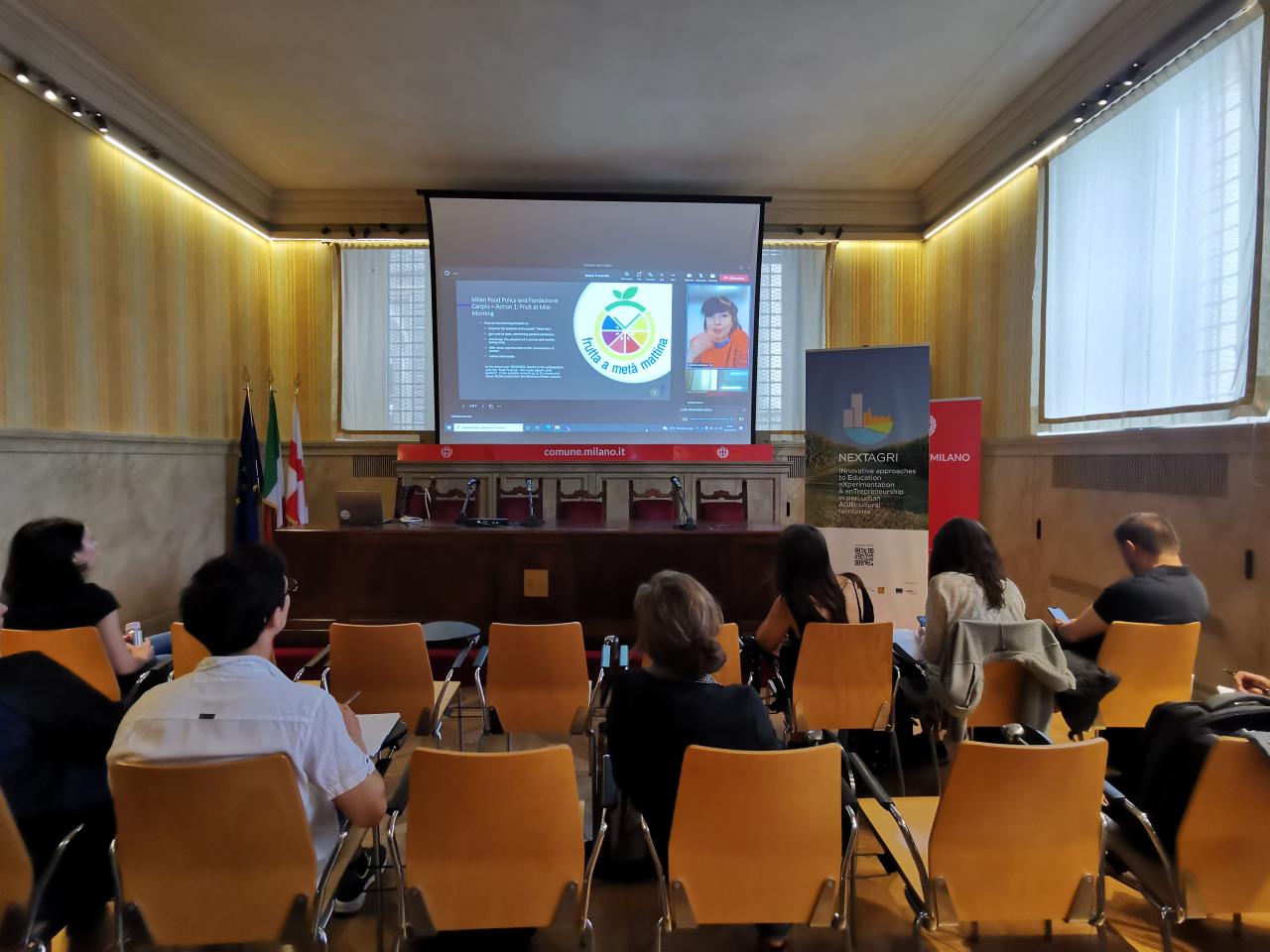
During the NextAgri project, the topic of creation of food policies was one of the core issues. Having a Food Policy formally approved means starting and taking care of a mature institutional path, which is the necessary condition to ensure a lasting impact.
The City of Milan has one of the more innovative Food Policy. The Italian cities that have activated their own food policy are Milan, Trento, Livorno, Aosta, Cremona and Rome.
Thanks to analysis of the Food Policy area of the Municipality of Milan, have emerged some elements needed to define a food policy:
ACT - presence of a formal act that defines the perimeter of action of the policy;
POLITICAL - presence of a more or less explicit political delegation;
TECHNICAL - presence of technical skills dedicated full-time or part-time;
SERVICES - presence of public food services among the responsibilities of the administration (school canteens, municipal markets...);
INFRASTRUCTURE - presence of public infrastructure of the food system (kitchens, kitchen centers, logistic platforms, covered markets, ports, farmhouses, land...);
ACTIONS - presence of actions, projects and initiatives active on the food system to implement the contents of the food policy;
ACTORS - presence of an ecosystem of actors (private, social, academic) working in a more or less structured way.
These pillars have also been transferred to the NextAgri partners while sharing the importance of having a positive political framework to support the food system transformation at urban level.

